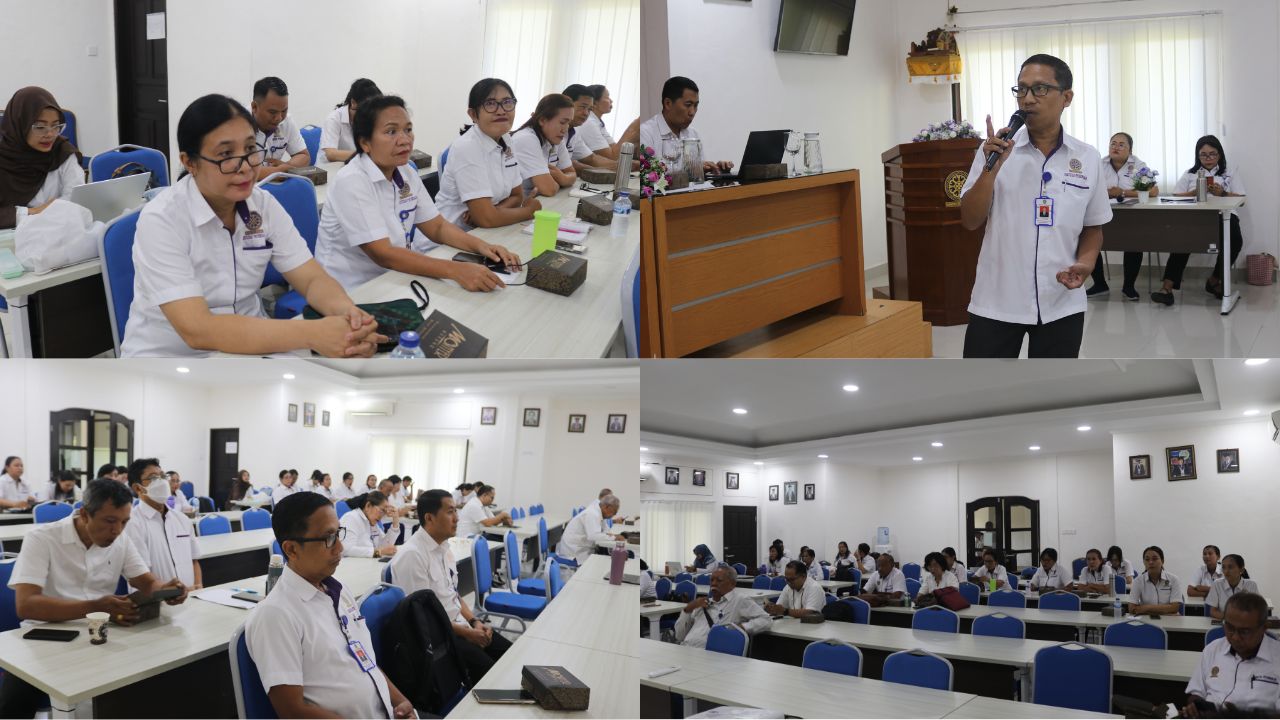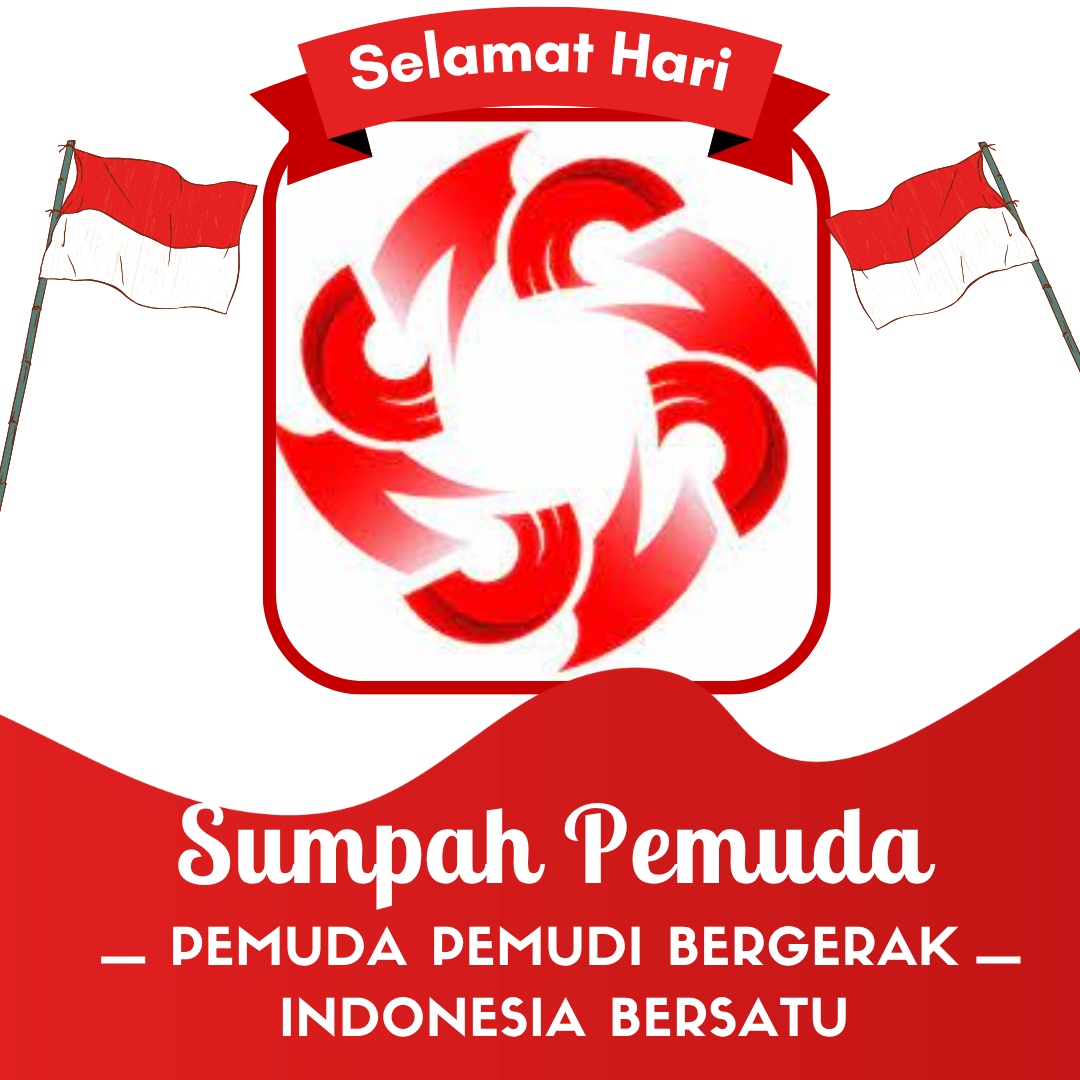In Collaboration with Widya Guna Foundation: Food Self-Sufficiency through Native Chicken Farming
Gianyar – The Faculty of Animal Husbandry, Udayana University (Fapet Unud) carried out an assistance program for the development of native chicken farming at Widya Guna Bali Foundation, Banjar Batulumbang, Bedulu Village, Blahbatuh, Gianyar, on Monday, August 18, 2025.
This program represents both a form of community service and the Faculty’s support for the development of smallholder farming initiatives at Widya Guna Bali Foundation. The activity is aimed at helping the foundation develop a native chicken farm, where its production will be used for the foundation’s internal consumption. Through this assistance, it is expected that the foundation will be able to fulfill part of its animal protein needs independently, while also improving the efficiency of livestock management.
The delegation from the Faculty of Animal Husbandry was led by the Vice Dean for General Affairs and Finance, Dr. Ir. Budi Rahayu Tanama Putri, S.Pt., M.M., IPU., ASEAN Eng., APEC Eng., accompanied by faculty members Prof. Dr. Ir. Ni Wayan Siti, M.Si., Dr. Ir. Anak Agung Ayu Sri Trisnadewi, M.P., Dr. Ir. Eny Puspani, S.Pt., M.P., Dr. Ni Made Witariadi, S.Pt., M.P., and Ni Wayan Ayu Ningsih, S.Pt., M.Pt. The group was warmly received by the Head of the Foundation, Mr. Ketut Sadia.
On this occasion, the Fapet Unud team provided technical guidance related to native chicken management, including feeding practices, housing arrangements, health and biosecurity, as well as husbandry strategies suited to the foundation’s capacity.
The Head of Widya Guna Bali Foundation, Mr. Ketut Sadia, expressed his gratitude for the attention and guidance provided. According to him, the knowledge and assistance from the Fapet Unud team will be highly beneficial in optimizing the management of native chickens at the foundation, thereby supporting the nutritional needs of its residents.
Through this program, the Faculty of Animal Husbandry, Udayana University reaffirms its commitment to making tangible contributions to society, particularly social institutions, by applying livestock science for the purposes of self-sufficiency and sustainability.



UDAYANA UNIVERSITY